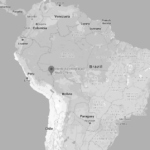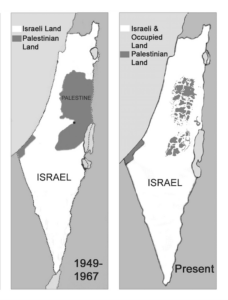Continuing a trend of European businesses moving independently to protect the Amazon, France’s BNP Paribas announced it will no longer finance companies that buy cattle or soy produced on deforested or converted Amazon lands after 2008. The measure also applies to deforested lands in Brazil’s Cerrado region, a threatened tropical savanna eco-region covering 20% of Brazil that has lost half its land to agricultural clearing.
PNB said it will only finance those who adopt a Cerrado strategy of Zero Deforestation by 2025, promoting criticism from environmentalists that it is weak action that gives deforesters a 5-year free pass in an area they see spiraling into a collapse of its biodiversity.
The immediate move to fight Amazon deforestation, however, will also affect Ecuador, Venezuela, Suriname, Peru, Colombia, Bolivia, Guyana, and French Guiana, which hold parts of the Amazon forest along with Brazil. An area the size of the state of Maryland was lost to deforestation in 2020.
By Milan Sime Martinić





